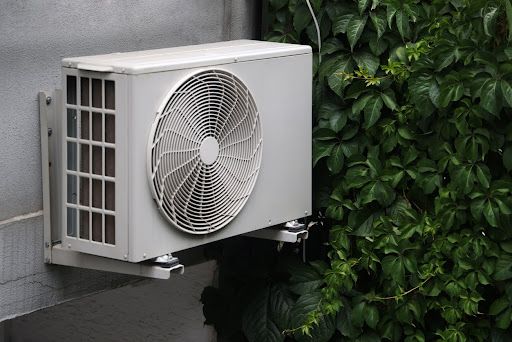The future of sustainable home heating is being significantly shaped by leading water heater manufacturers through innovative technologies and a focus on energy efficiency. These companies are driving a transformation in how homes are heated, addressing both environmental concerns and consumer demands for cost-effective and reliable solutions. One of the most prominent trends is the development and adoption of heat pump water heaters. Unlike traditional water heaters that rely on electrical resistance or gas combustion, heat pump water heaters extract heat from the surrounding air and transfer it to the water. This process is highly efficient, often using up to 60% less energy compared to conventional water heaters. Major manufacturers like and A. O. Smith have invested heavily in this technology, producing units that are not only energy-efficient but also equipped with smart features. These features allow homeowners to monitor and control their water heaters remotely, optimizing energy use and reducing waste. In addition to heat pump technology, there is a growing emphasis on integrating solar power into water heating systems.

Companies such as Bosch and Bradford White are leading the way by designing solar water heaters that use renewable energy to heat water, significantly reducing the carbon footprint of households. These systems often include solar collectors and storage tanks that work in tandem to provide a reliable supply of hot water, even in less sunny conditions. The integration of solar technology not only supports environmental sustainability but also offers long-term savings on energy bills for homeowners. Another key innovation is the development of tankless water heaters, also known as on-demand water heaters. These systems heat water only when it is needed, eliminating the energy losses associated with maintaining a large volume of hot water in a storage tank. Manufacturers like Navien and Rinnai have been at the forefront of this technology, offering compact, efficient units that can be installed in various locations within the home. Tankless water heater brands are particularly appealing in urban areas where space is limited, providing a practical solution without compromising on performance.
The push towards sustainability is also evident in the materials and manufacturing processes used by leading water heater manufacturers. There is a concerted effort to utilize eco-friendly materials and minimize waste during production. Companies are increasingly adopting recycled materials and implementing more efficient manufacturing techniques to reduce their environmental impact. Furthermore, many manufacturers are designing their products with longevity and recyclability in mind, ensuring that water heaters have a longer lifespan and can be more easily recycled at the end of their life cycle. Smart technology is another area where water heater manufacturers are making significant strides. The integration of Internet of Things IoT capabilities allows water heaters to communicate with other smart devices in the home, providing a holistic approach to energy management. For instance, smart water heaters can work in conjunction with smart thermostats and energy management systems to optimize heating schedules based on usage patterns and energy prices and view the page www.jnodenergy.com. This level of connectivity not only enhances convenience for homeowners but also contributes to more efficient energy use, reducing overall consumption and costs.